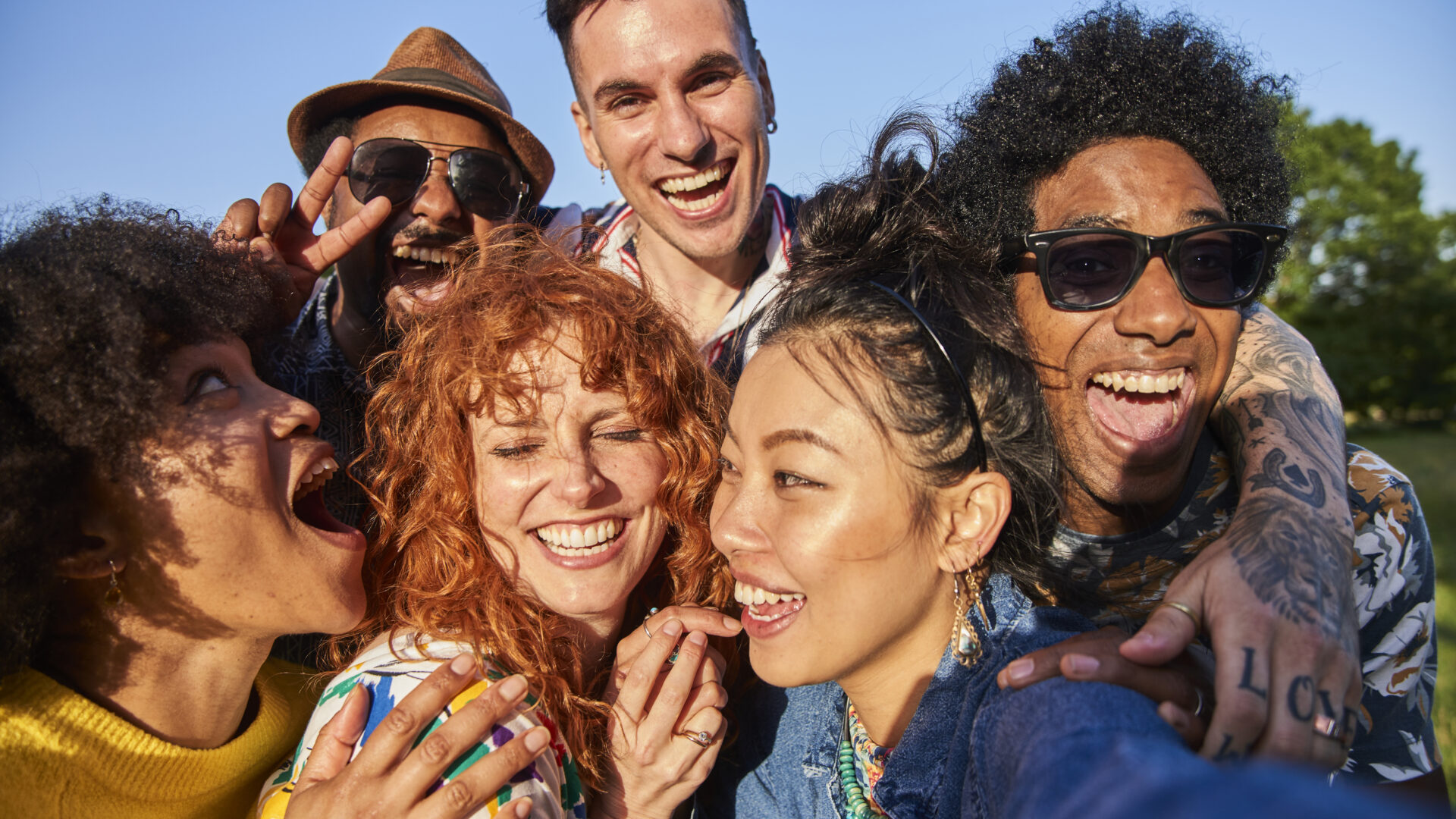
Chosen families aren’t new. For centuries, we’ve heard stories of people who have become pariahs, estranged from their families for a multitude of reasons. Ideological differences, queerness and unconventional lifestyles are among the root causes. In modern times, ostracism tends to be followed by homelessness, cross-country moves, or both. Relocation can, often times, be a baptism of sorts. It’s a process that gives the born again an opportunity to bask in their new life. With this renewal comes new alliances, people who become a second family to someone who maybe didn’t get to enjoy the closeness we’ve assigned to nuclear families.
“An increasing number of people, especially unorthodox Black women, and members of the LGBTQIA+ community, are opting to embrace their chosen family instead of blood relatives.”
Social media has simplified the creation of chosen families. It can be as easy as sending over a DM or building a connection as Twitter mutuals.
“I met most of my chosen family through the internet,” says rapper and radio DJ Torrienne Ellis-Downs. A queer artist, Ellis-Downs was made uncomfortable during family gatherings, and began building her chosen family in high school. “A few friends, one, in particular, I met through a roommate and our bond is something similar to sisters now. [She’s] from the UK and Jamaican, so she really embraces Thanksgiving as a Friendsgiving,” she added.
Ellis-Downs also shared how for the feast, each friend brings a dish from home, and compared their Friendsgiving to what people are taught the first Thanksgiving entailed. “I feel like our Thanksgiving is what U.S. history claims the first celebration was like: camaraderie, variety of new flavors, new friendships and strengthening old ones,” she shared.
Rachel C. Lewis, a Black, queer writer and editor, says similar experiences led her to her chosen family. “I haven’t spoken to much of my dad’s side of my family…in almost ten years,” Lewis revealed. Lewis’ father’s side of the family is Black, but she rejected the idea of their homophobia being connected to their Blackness, as she knows that religion backs their beliefs. “I’m very, very queer, and I do not apologize for it,” she said. “As a result, ever since I was a teenager, chosen family has always been important to me. I surround myself with the people who love me most, and who see me…I’m better for it.”
Queer folks are often targets of violence, and biological family members are sometimes the ones who inflict this harm. Therefore, chosen family is more than a matter of mental health, it’s about remaining safe.
In 2014, Daniel Pierce, a 20-year-old gay man, was repeatedly punched by his step-mother after coming out as gay. Other family members verbally attacked him, and Pierce recorded the entire altercation. Instances like these are a part of the reason why members of the queer community are celebrating the holidays on their own terms.
“It’s the time of year usually associated with old stories, good will, soul food, and family. ”
Right now is the time of year usually associated with old stories, good will, soul food, and family. But it’s also a time of great discomfort for queer individuals who are a part of families that do not accept them. Because of this, an increasing number of people, especially unorthodox Black women, and members of the LGBTQIA+ community, are opting to embrace their chosen family instead of blood relatives. This choice has transformed, and saved, lives.